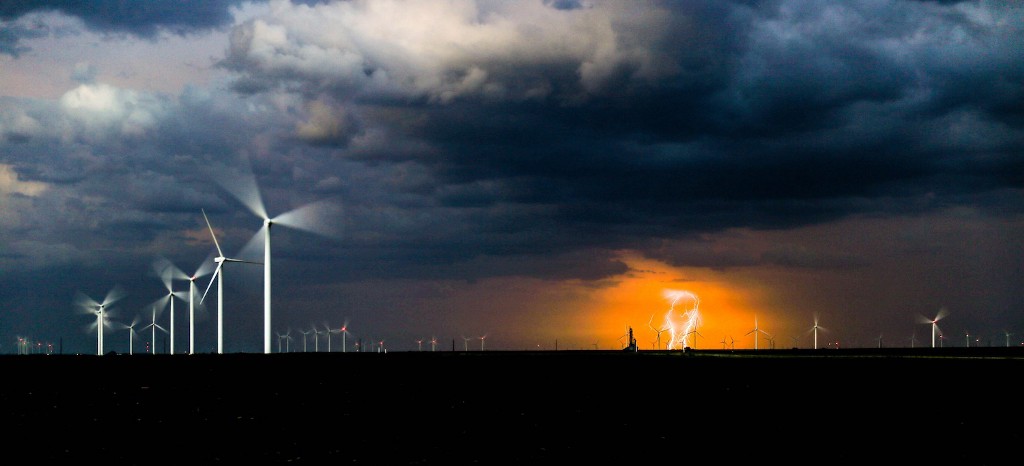Don’t look to President Trump to understand the future for climate action. Follow the money.
If, in the next year or two, investment in the transition to a low-carbon economy falls in the aftermath of Trump’s call for the U.S. to exit the Paris climate agreement, the capital markets will effectively be shorting the chances of meeting the global goal of keeping temperature increases under two degrees Celsius.
If investment accelerates, the markets will signal they believe the transition is inevitable and they want to get on board.
In the short-run, watch whether other governments and philanthropies step up to fill the void of U.S. funding. Former New York Mayor Michael Bloomberg ante’d up quickly with a $15 million pledge to make up for the shortfall in U.S. funding for U.N.’s climate secretariat itself, the body charged with implementing the Paris agreement.
That’s a long way from filling the $2 billion hole in the Green Climate Fund, the international collaborative that Trump called “another scheme to redistribute wealth out of the United States.” The Green Climate Fund attracted $10 billion in pledges as part of the agreement in Paris that rich countries would invest $100 billion by 2020 to help poor countries make their own low-carbon transition, including $3 billion from the U.S. President Obama delivered the first $1 billion just before leaving office.
The Green Climate Fund had early operational difficulties but has now disbursed more than $2.2 billion and last month dangled $500 million for “high impact projects and programs that mobilize private sector investment in climate change activity at scale.”
And all of that is a drop in the bucket of the estimated investment of $1 trillion or more needed annually to fulfill the goals of the Paris agreement. That “clean trillion” represents a more-than-tripling of 2016 investment of $287.5 billion, according to Bloomberg New Energy Finance. And the 2016 number was a drop of 18 percent from 2015’s roughly $350 billion (listen to ImpactAlpha’s podcast, “Why is Cleantech Still a Dirty Word for Investors?”).
Some of the slowdown was anomalous, as the 2015 numbers may have been artificially high as U.S. project developers raced to lock-in deals before the expiration of tax credits (since renewed through 2020) at the end of 2015.
Climate economics
Part of that is a function of the dramatically falling price of renewable energy, particularly solar and wind, which makes the same amount of new generating capacity much less expensive. The energy story is increasingly becoming a tech story, as plunging prices for solar and wind power, along with battery storage, put the energy transition on a similar path as the Internet and telecom revolution of the last 20 years (see “Renewables are no longer ‘alternative.’ Fossil fuels are ‘legacy.’”)
But falling costs should drive even more ambitious investments, as project developers ramp up renewables to the scale required to significantly cut carbon projects and drive economic growth. Indeed, Bloomberg reported that developers this year are forecast to build 134 gigawatts of wind and solar in 2017, a record. Rising demand in India, the Middle East and South America is expected to offset a slowdown in China. And China itself has committed to continued climate leadership, including $360 billion in renewable energy investment by 2020.
All of which makes President Trump’s willingness to walk away from the table all the more confounding. For example, some investors have called for the Green Climate Fund to retool itself away from project finance and toward a more catalytic role as a guarantor, for example, of power-purchase agreements by developing world utilities for large-scale renewable energy projects.
The World Bank and others are experimenting with risk-reduction mechanisms that can make solar projects institutional grade (see, “Clean Energy Revolution Trumps Climate Skepticism at Global Climate Talks”). Such guarantees “would unlock the global market instantly, Michael Eckhart, Citigroup’s global head of environmental finance and sustainability, told ImpactAlpha late last year. “Even Citi could loan.”











